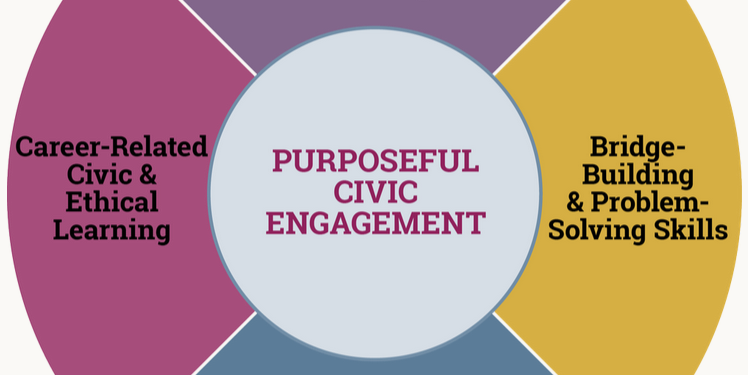Civic education is the cornerstone of a well-functioning democracy and an informed citizenry. For Sierra Leone, a nation with a rich yet tumultuous history, investing in civic education is not merely an academic exercise but a critical tool for empowering its people. It equips citizens with the knowledge and skills to navigate the complexities of their country’s economic, social, and political landscapes, fostering a resilient, informed society capable of driving meaningful change.
Civic education involves teaching individuals about their rights and responsibilities, the functions of government, the importance of active public participation, and the principles of democracy and justice. In Sierra Leone, where challenges like corruption, inequality, and political tribalism persist, civic education can unify citizens, empowering them to hold leaders accountable, demand transparency, and contribute to national development.
Political literacy is essential for a thriving democracy. Many Sierra Leoneans lack a deep understanding of governmental operations and the implications of policies. This knowledge gap fosters apathy or blind loyalty to political parties based on tribal or regional affiliations rather than policy and performance. Civic education can empower voters to critically assess political candidates and policies, encouraging merit-based voting. It also promotes a culture of accountability, where informed citizens scrutinize leaders, deterring corruption and abuse of power.
Sierra Leone’s economic challenges, such as high unemployment, inflation, and reliance on foreign aid, demand an economically informed citizenry. Civic education can simplify complex economic concepts, enabling citizens to understand their impact on daily life. This understanding allows citizens to advocate for policies that promote job creation, sustainable development, and fair trade, bridging the gap between policy and public understanding.
Social divisions like tribalism and regionalism hinder national progress. Civic education can promote social cohesion by celebrating diversity, fostering mutual respect, and teaching conflict resolution principles. These efforts can transform Sierra Leoneans into partners in progress rather than adversaries divided by ethnicity or region.
Youth, who make up a significant portion of Sierra Leone’s population, are often disengaged from civic life. Tailored civic education programs can empower young people with leadership skills and community engagement. This engagement counters political manipulation and extremist ideologies, fostering critical thinking and purpose among youth, who can then drive innovation and reform.
Despite its potential, civic education in Sierra Leone faces obstacles, including limited resources, political interference, cultural barriers, and low literacy rates. Many schools lack the materials and trained personnel to teach civic education effectively. Political elites benefiting from public ignorance may resist these efforts. Deep-seated cultural norms may conflict with democratic principles, requiring sensitive and inclusive approaches. Low literacy rates necessitate innovative methods like radio programs, community workshops, and visual aids.
To address these challenges, the government and civil society must prioritize and invest in civic education. Schools should integrate governance, human rights, and economic literacy into their curricula using interactive and relatable methods. Community workshops in rural areas, delivered in local languages, can make civic education accessible. Radio, television, and social media can disseminate civic education content widely, using entertainment to engage citizens. Civil society organizations (CSOs) can promote grassroots initiatives, advocacy campaigns, and capacity-building programs in partnership with the government.
Civic education should extend beyond knowledge to encourage active participation. Town hall meetings, public forums, and participatory budgeting exercises can provide citizens with practical opportunities to engage in governance. Educated citizens are more likely to identify and challenge corrupt practices, resulting in greater transparency and accountability. They can contribute valuable insights and feedback, leading to more inclusive policies. Civic education fosters a culture of participation, strengthening democracy as a system of government and a way of life.
Sierra Leone faces significant challenges—economic stagnation, social division, and political disillusionment—but these also present opportunities. By equipping citizens with the knowledge and skills to navigate these complexities, civic education can transform the nation, fostering informed decision-making, promoting accountability, and uniting communities in the pursuit of progress. The journey is challenging, but the potential rewards are immense. A well-informed and engaged citizenry is Sierra Leone’s greatest asset, and civic education is the key to unlocking this potential.










